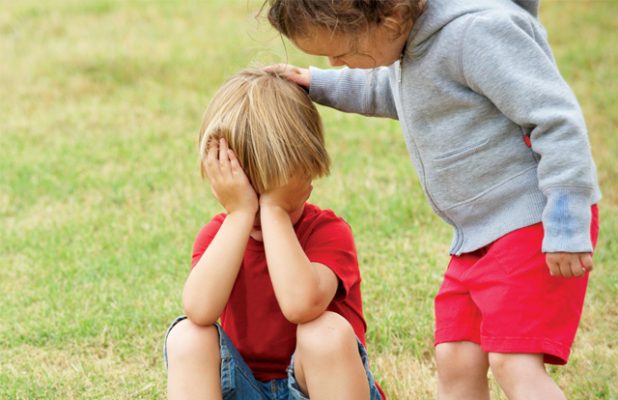
The Importance of Positive Emotions
Daily life offers us a range of possibilities that can awaken different responses and moods in us. It is easy to be happy when we are in harmony. But when some difficulty arises, it is common to have negative and even angry thoughts. Despite this, it is very important to learn to think and act […]
25 March, 2024

Why it is important to develop empathy
Empathy is a skill whose meaning is not always easy to understand, but which we must all know and develop. It is the ability to put yourself in someone else’s shoes and not only feel or perceive the emotions that person is experiencing, but also understand the other even if their perspectives are different from […]
25 March, 2024

Let’s teach children to be tolerant
Tolerance is the ability to accept and respect ideas, opinions, beliefs or cultural forms that differ from one’s own. Being tolerant is being sensitive to the diversity in the world and responding to the needs of others. It is a value that must be taught to children from a very early age, starting with learning […]
25 March, 2024